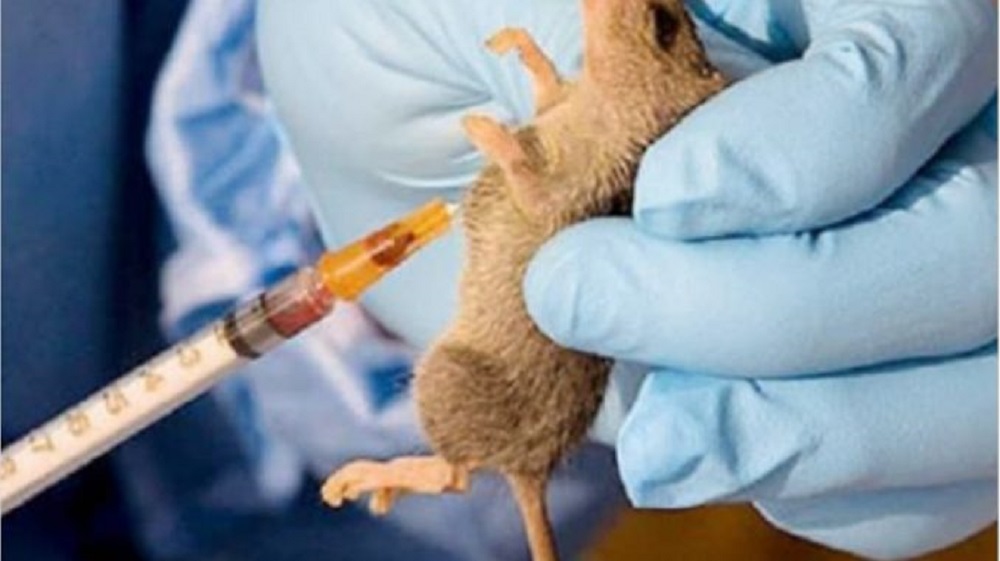The Nigeria Centre for Disease Control and Prevention (NCDC) has confirmed two new deaths from Lassa fever, bringing the total number of fatalities in 2025 to 145.
TheNewsGuru reports that the country continues to grapple with the viral hemorrhagic disease, which is currently affecting 18 states.
The latest update, contained in the NCDC’s situation report for Epidemiological Week 24 (June 9–15), revealed that 766 cases have been confirmed out of 5,678 suspected infections.
The agency noted that the case fatality rate has risen to 18.9%, a concerning increase from 17.6% recorded during the same period in 2024.
Five states—Ondo, Bauchi, Edo, Taraba, and Ebonyi—account for 91% of all confirmed cases. Ondo alone is responsible for 31%, cementing its status as the epicentre of the outbreak.
Despite a slight drop in new confirmed cases (eight cases compared to 11 the previous week), the NCDC expressed deep concern over the persistently high fatality rate. It attributed this to delayed case reporting, poor health-seeking behaviour, and unhygienic living conditions in high-risk communities.
A previous report released by the agency on Tuesday, June 17, confirmed that a health worker in Osun State had also been infected.
In response, the NCDC has intensified its containment efforts, deploying Rapid Response Teams to 10 affected states. Other measures include public health education campaigns, environmental sanitation drives, and the training of healthcare workers in vulnerable regions.
The agency has also scaled down its Incident Management System to alert mode and is integrating Lassa fever awareness into broader disease prevention campaigns.
Lassa fever is a viral hemorrhagic illness primarily transmitted through contact with urine or faeces of infected rats. It can also spread between humans through bodily fluids, contaminated objects, or medical equipment. Symptoms include fever, sore throat, vomiting, headache, muscle pain, and in severe cases, internal bleeding.
The NCDC continues to urge Nigerians to maintain good hygiene, avoid contact with rodents, and seek immediate medical attention at designated treatment centres when symptoms such as fever, bleeding, or headaches occur.
“The public is also encouraged to follow NCDC advisories and call the toll-free line 6232 for inquiries or emergency support,” the agency stated.



